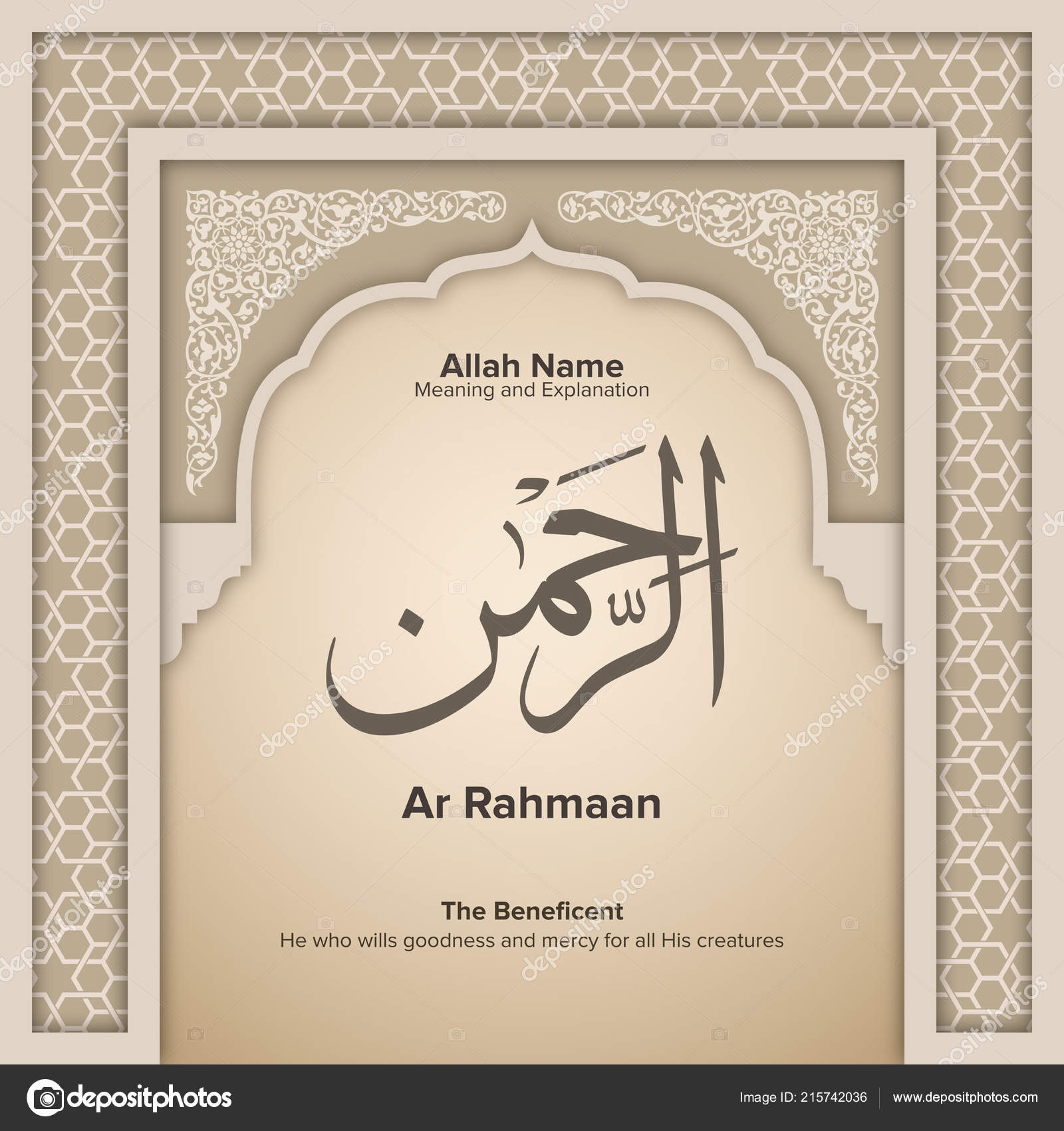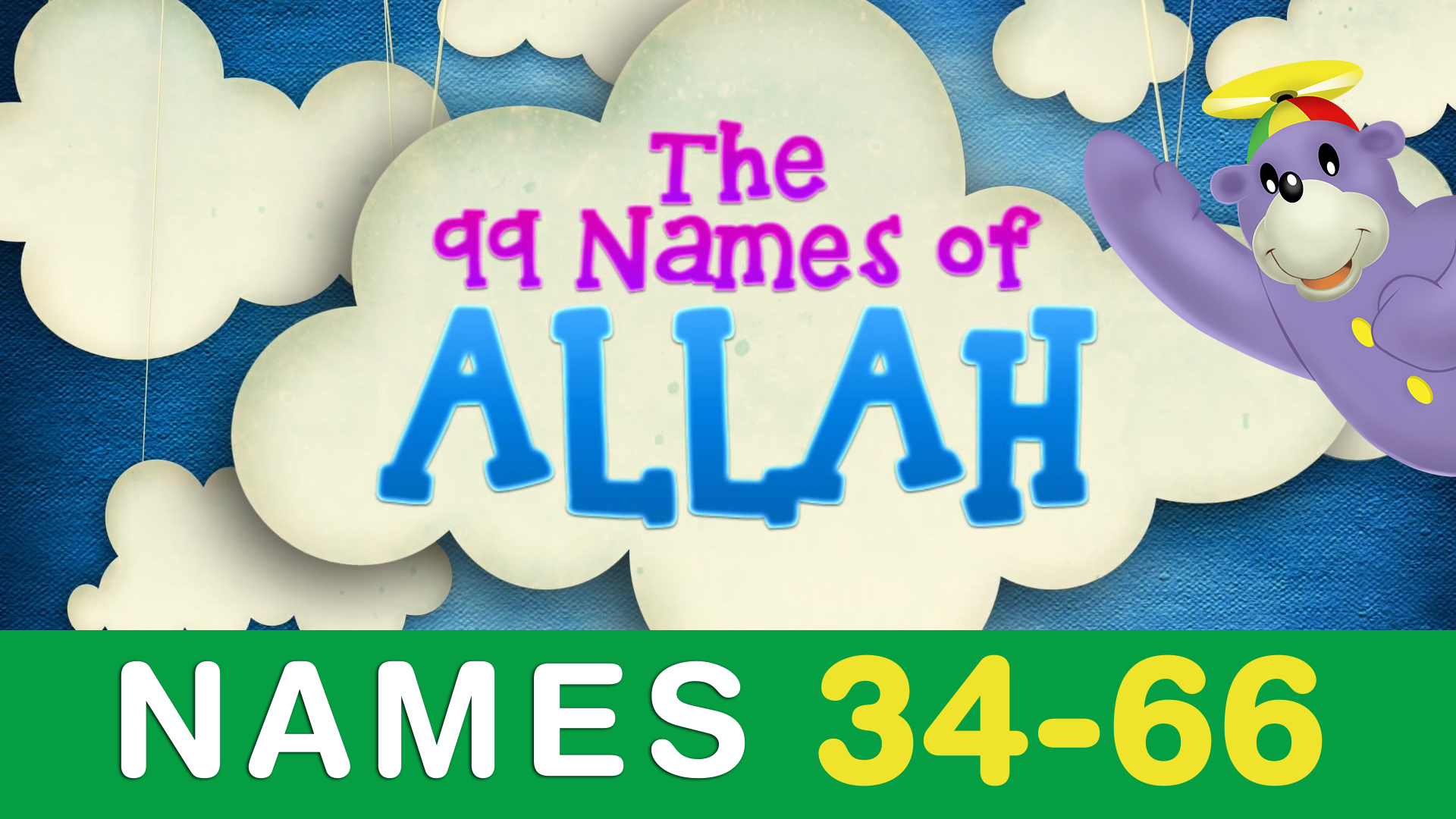


Everything that you deem beautiful is art. (The 99 Names of Allah).In expressing art there is no right way or wrong. ?99 Names of Allah The Asmaul Husna Colouring Book?Take some time out of your busy day and relax in remembrance of the Almighty with The Asmaul Husna young and adult Colouring Book. God, "The Creator of the New," grants us a role in realizing our unique potentiality.Paperback. God, "The Guide," is close to us as we search for direction. God, "The Compassionate," shares our suffering and our passion. God, "The Holy One," heals and is merciful and brings us to acknowledge both our flawed nature and the ability to allow God's holiness to stream through us. God, "The Most Gracious," urges our total dependence and spurs us to be gracious to others. God, "The All Wise," is the one who affirms seemingly paradoxical contradictions. God is the "First without Beginning" and "The Last without End," "The Giver of Life," and "the Bringer of Death." God is "The Steadfast," "The Faithful," "The Self-giver." God, "The Nourisher," prompts us to be grateful for what has been given to us and to nourish others.

He urges Christians to pay attention to this Islamic devotional ritual in order to make them ready for dialogue. His intent is not to collapse Islam into Christianity or vice versa, but rather to appreciate that Muslims too encounter God, and like Christians their naming is a way to enter into the nameless origin of all. Steindl-Rast explores each of the 99 names, interprets each for Christians and then gives a prompt for further reflection. Because Islam does not allow any visual depiction of Allah or Mohammad, calligraphy serves as a major expression of religious devotion. In this devotional volume, each of the 99 names is rendered in Arabic, English and calligraphic form. It is evident that Steindl-Rast has used this ritual practice of praying 99 names as a way to enter into the mystery of God. Naming is a stammering attempt to "call to" Ultimate Reality experienced as "Thou." Christians should find here a ritual practice familiar to them. Some of these names of God derive from human intellect and reason, including the "almighty," "the powerful," "the sovereign." Others arise from the intimacy of the encounter, such as "the merciful, "the compassionate," "the ever-forgiving." The devotional purpose of repeating these names is to bring one closer to the encounter that produced them.
#Images if the 99 name of allah windows#
Steindl-Rast analogizes these names both as a prism that refracts God's resplendent beauty and as windows onto God's mystery. All these 99 names are related and connected but none singly or together can capture God. He attests that this naming expresses the human experience of God, but only indirectly the Ultimate Reality encountered. In their encounter with God, who is understood as "Thou," they make clumsy attempts to address and call by name the transcendent yet intimate reality. Steindl-Rast is clear about why humans name. All three of the Abrahamic religions - Judaism, Christianity and Islam - are "people of the book," each has a written scripture and all name God. His insight is that if Christians can explore a principal devotional ritual of Islam, namely repetition of the Koranic names of God, this will give them a starting point to appreciate what can seem like a strange and inaccessible religion to some Christians.


 0 kommentar(er)
0 kommentar(er)
